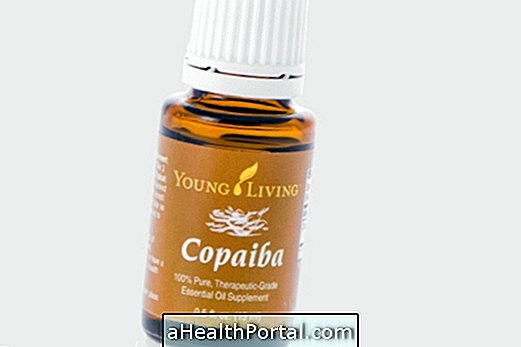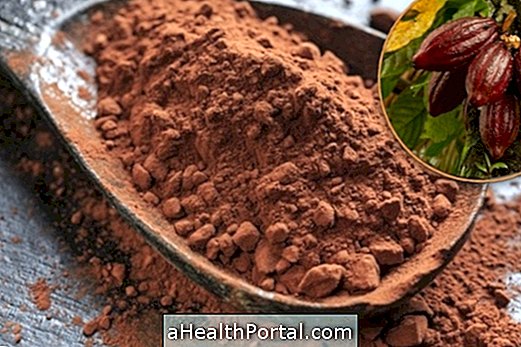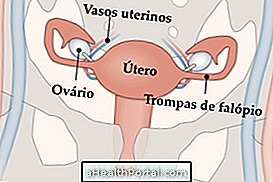Copaiba Oil or Copaiba Balm is a resinous product that has different applications and benefits for the body, including the digestive, intestinal, urinary, immune and respiratory systems.
This oil can be extracted from Copaifera officinalis, a tree also known as Copaíba or Copaibeira, which grows in South America and can be found in Brazil in the Amazon region. In Brazil there are in total 5 different species of Copaíba, this being a tree rich in essential oils, with potent germicidal and healing action.

What is it for and how to use it
Copaiba Oil is used to treat problems in the body related to the urinary and respiratory tract, as well as to disinfect and heal wounds or skin problems.
This extracted oil can be used neatly in the form of capsules in various ointments and anti-inflammatory and healing creams, as well as in lotions, anti-dandruff shampoo and scalp treatment, oral care products for acne, soaps, bath foams and intimate hygiene products. In addition, this oil also serves to fix perfumes and fragrances in the industry.
When ingested as capsules, it is recommended to take 2 capsules per day and a dose of 250 mg per day is recommended. To apply to the skin, it is recommended to apply a few drops of oil over the region to be treated, then massaging for complete absorption of the product.
Benefits of Copaiba Oil
The Copaíba Oil presents different applications and benefits, which include:
- Wound healing and disinfection;
- Antiseptic and expectorant for the respiratory tract, helping to treat problems such as lungs such as cough and bronchitis;
- Helps in the treatment of dysentery;
- It acts in the urinary tract in the treatment of urinary incontinence and cystitis, as well as it has antiseptic and diuretic action;
- It helps in the treatment of skin problems like psoriasis, dermatoses, eczemas or urticaria.
In addition, this oil also helps in treating problems on the scalp, relieving the symptoms of itching and irritation.

Properties of copaiba oil
Copaíba Oil has a strong healing action, antiseptic and bactericidal, as well as properties that dilute and promote the expulsion of sputum, diuretics, laxatives, stimulants and emollients that soften and soften the skin.
This oil, when ingested, acts on the body, restoring the normal functions of the membranes and mucous membranes, modifying the secretions and facilitating healing. When ingested in small amounts or in the form of capsules, it acts directly on the stomach, the respiratory and urinary tract. When applied topically, in the form of cream, ointment or lotion, it has a strong germicidal, healing and emollient action, softening and softening the skin and favoring the rapid recovery and healing of the tissues. Check out other properties of copaiba.
Side effects and contraindications
The use of this oil should preferably be done under the guidance of the doctor or phytotherapist, as it may result in some side effects, especially when ingested, such as vomiting, nausea, nausea and diarrhea, for example.
Copaiba Oil is contraindicated for pregnant or breastfeeding women and for patients with gastric sensitivity or problems. In addition, some studies also indicate that Copaíba Oil has properties that have been shown to be effective in treating different types of cancer and tuberculosis.






















